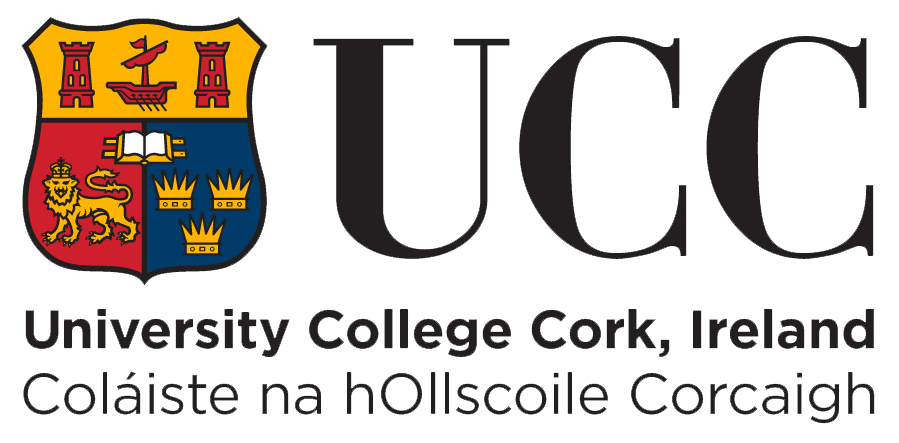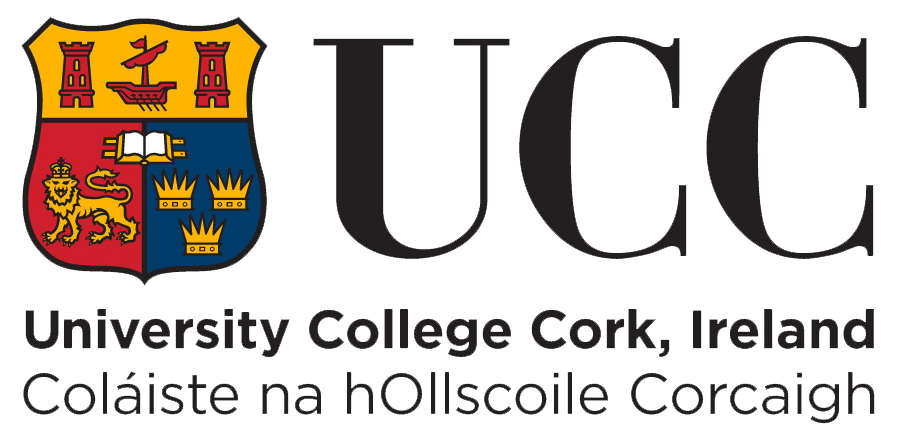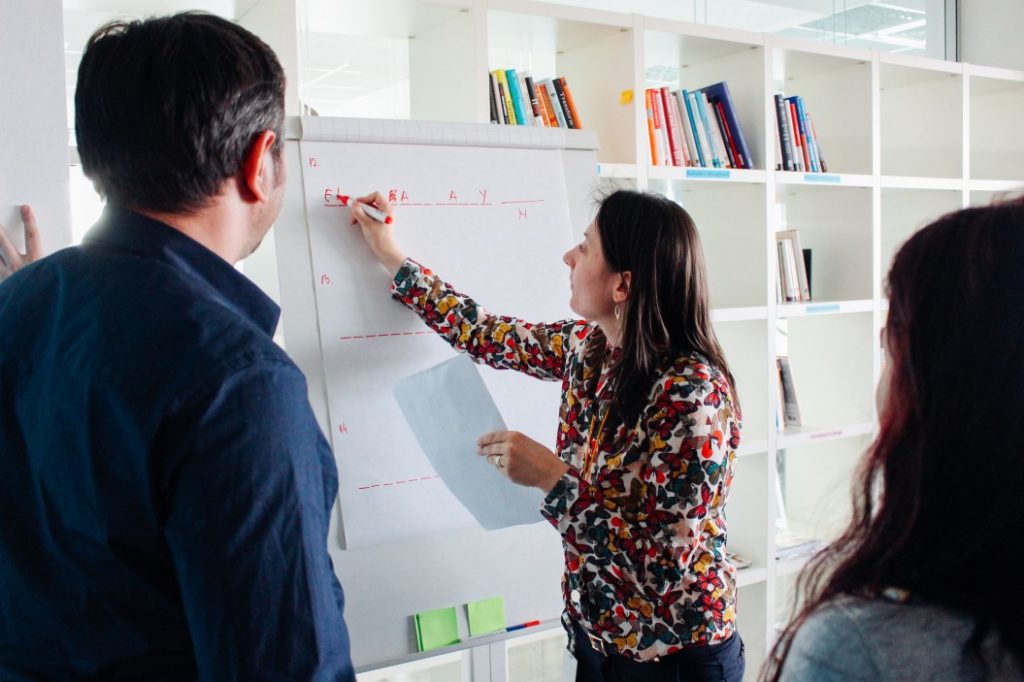Overview
The flipped classroom is a flexible instructional model which inverts the traditional ‘live lecture’ format – providing learners with self-paced asynchronous content in order to free up synchronous class time for active learning strategies which facilitate higher order thinking, peer engagement and collaboration.
Taking a holistic approach which considers pedagogy and technology together, this short 6-week practical course aims to:
- Introduce participants to key pedagogical strategies for sequencing an effective and flipped classroom.
- Consider the ways in which digital technologies can help (or hinder!) the creation of an effective, accessible, inclusive and learner-centred experience.
- Explore strategies for enhancing online social presence and teaching presence to support self-sufficiency in learners, foster social interaction and facilitate active learning and engagement.
- Foster a collaborative, creative and active community of learning amongst participants to support professional development.
Participants will be encouraged to choose a learning experience in their own context (existing or planned) for flipping. Through a combination of self-paced study and reflection, peer triad engagement, and hands-on active learning, participants will apply their learning each week to build up a rationale and strategy for sequencing and supporting their flipped classroom approach.
This course is suitable for both teachers and the wider community of staff who contribute to the design, development or implementation of teaching experiences in higher or further education.
Learning Outcomes:
By the end of the course, participants will be able to:
- Apply a pedagogical understanding of the approach to plan and implement a cohesive flipped classroom sequence in your own context.
- Develop strategies for supporting learner self-sufficiency and fostering social presence throughout the online learning experience.
- Describe ways in which a variety of digital tools can contribute to effective online learning, interaction and activities in both synchronous and asynchronous contexts.
- Reduce potential barriers to inclusivity and engagement through an understanding of key digital accessibility concepts.
On earning your open badge award for this course, you will have achieved further recognition in the following domains of the National Professional Development Framework for Staff who Teach:
- Personal and Professional Digital Capacity – upskilling knowledge and use of digital tools for teaching and supporting teaching.
- Professional Knowledge and Skills and Professional Identity – understanding of pedagogies for online teaching and effective use of synchronous and asynchronous formats.
- Values and Development in Teaching and Learning – supporting the view of ‘all those who teach’ including technical support and support staff as valuable components of the design process for teaching and mapping pedagogy and technology together, providing a common knowledge based and skillset for both teachers and IDs/trainers/LTs/etc.
Course Developers
This open course has been developed by the National Forum for the Enhancement of Teaching and Learning in Higher Education in partnership with:


Nollaig Power
University College Cork


Sarah Thelen
University College Cork


Anna Ozolina
University College Cork
Enroll in this Course
Learn as part of a group in an upcoming facilitator led programme
Enrollment
Facilitator-led courses run at different times throughout the year and result in a digital badge. Some are entirely online, some are blended, and others face-to-face. Additional facilitator training may be provided so that you can later facilitate your own open course.
Subscribe below for updates on this course and we will notify you when registration opens.
More courses you might like
Participants who viewed this open course have also viewed these courses.



